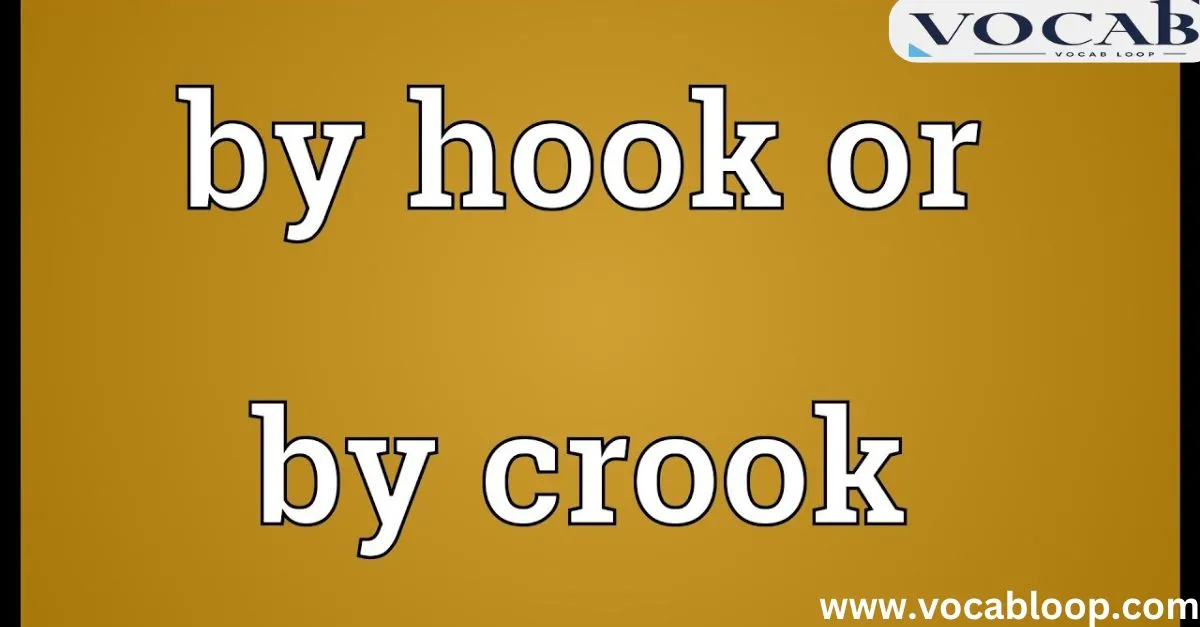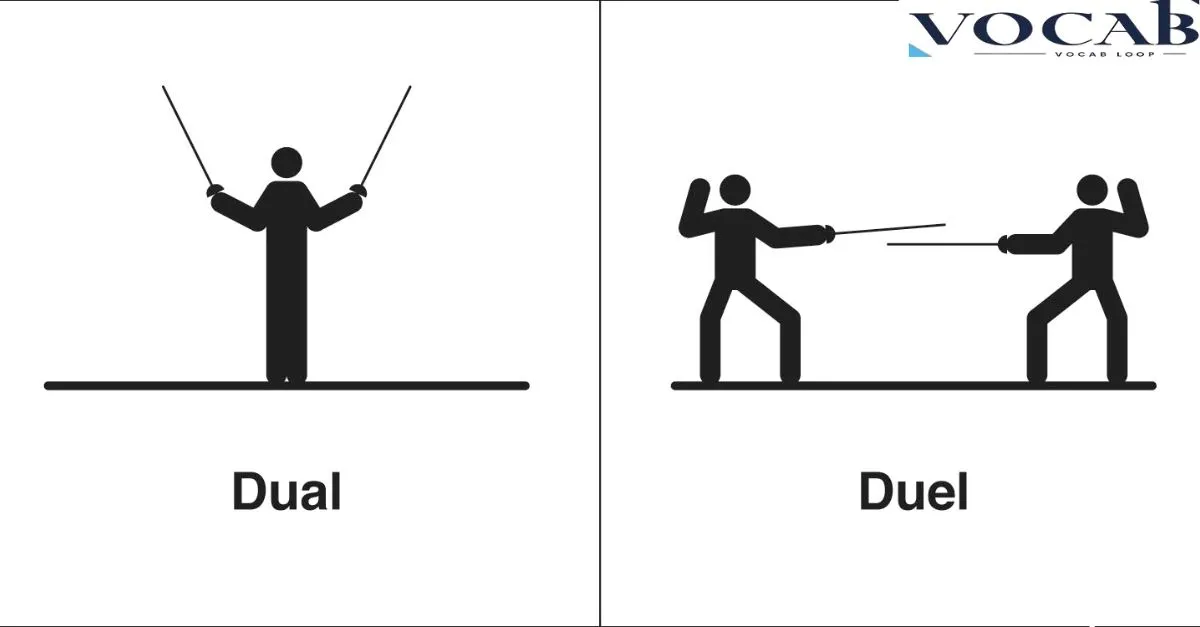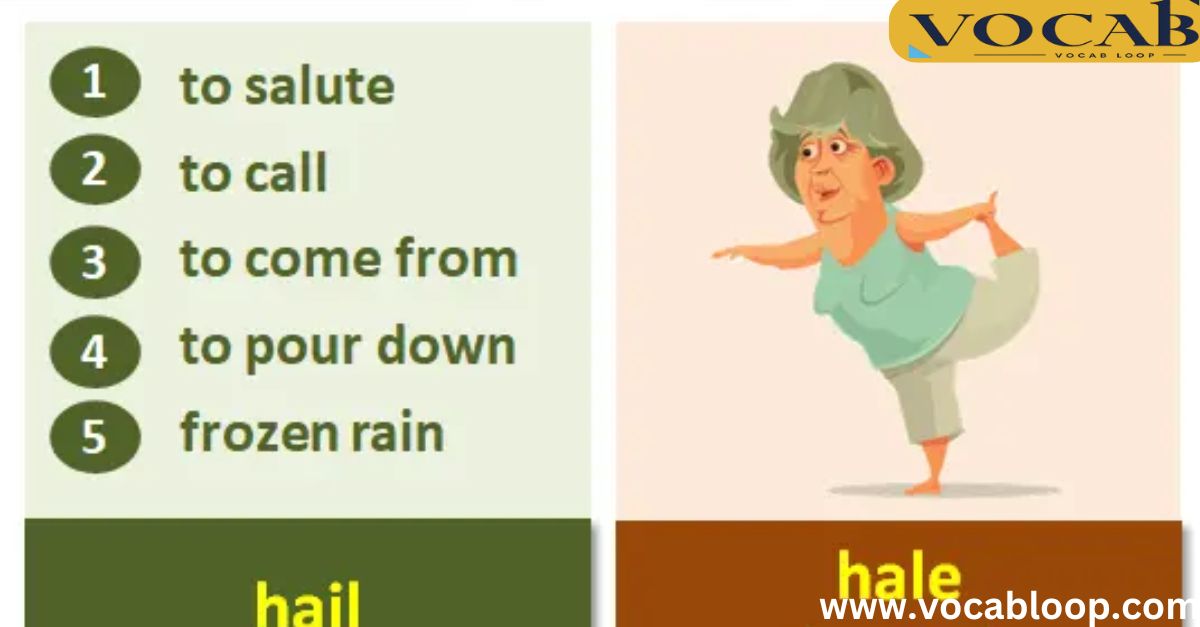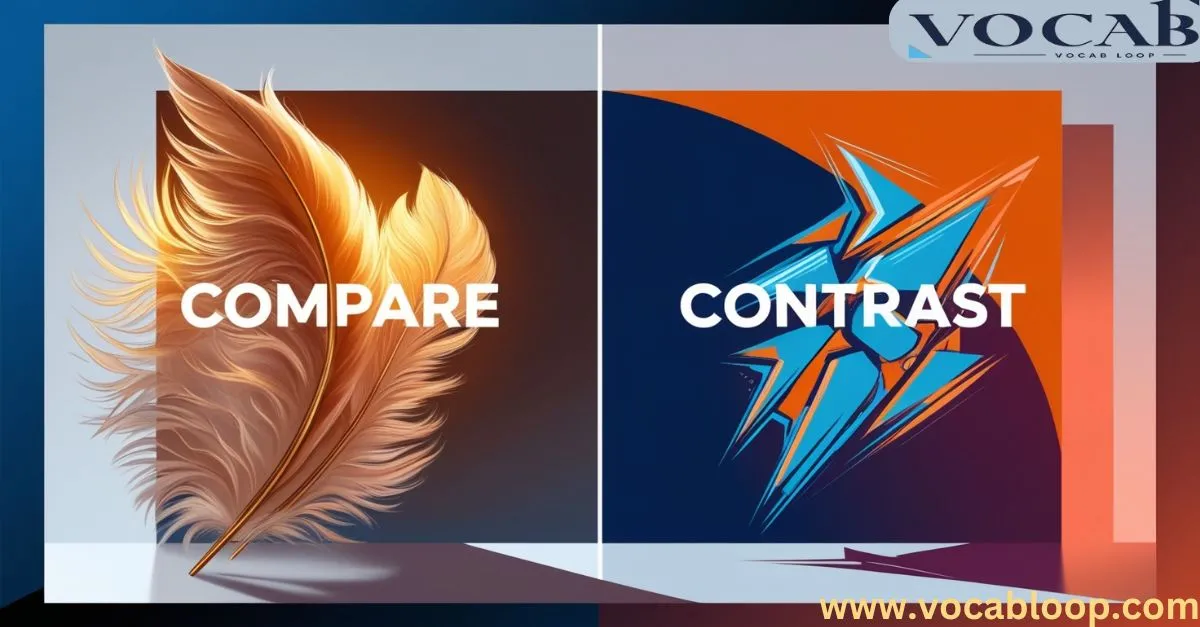By Hook or By Crook: Correct spellings definition and meaning
The phrase “by hook or by crook” is a common expression in English. It refers to doing something by any means necessary, no matter how unconventional or challenging. The idiom has been around for centuries, and its meaning remains just as powerful today. But what does it really mean, and how is it used? In … Read more










